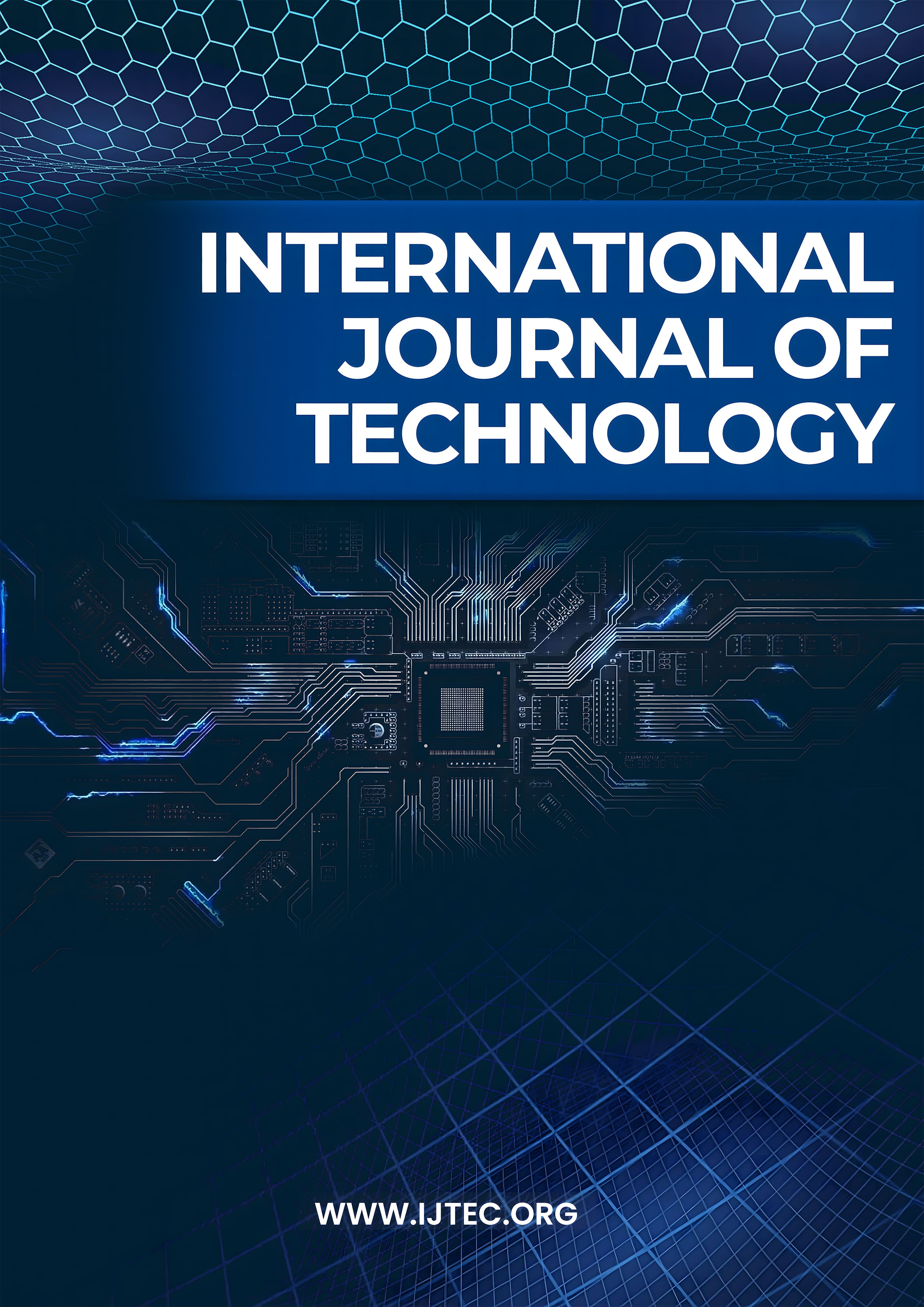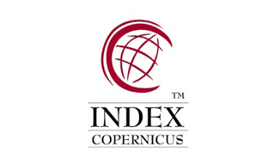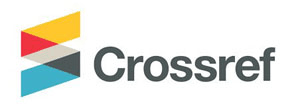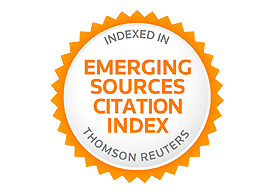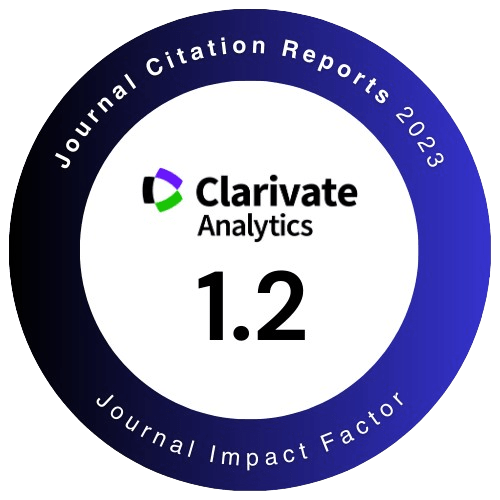Author Guidelines
TEMPLATE: IJTEC.doc
IJTEC welcomes the submission of scientific articles that align with the journal's focus and scope. Manuscripts can be submitted in either proficient English or Spanish.
If the manuscript is not of sufficient quality, we recommend a language revision. Additionally, we may require a certificate of translation. Please note that IJTEC does not cover the cost of language revision, but we do offer the service, which authors must pay for.
All submissions must be original and not previously published in any journal or other media. During the review process, it is prohibited to submit the manuscript for parallel review in another journal.
If your paper has been previously presented at a conference, please ensure that it has been substantially revised before submission and that appropriate references to the earlier publication are included.
The articles may be sent in Word (.doc / .docx). The journal's editorial team will acknowledge the receipt of originals. To follow the formatting instructions, it is strongly recommended to use the journal's templates for contributors, available in doc format.
The articles may be sent in Word (.doc / .docx). The journal's editorial team will acknowledge the receipt of originals. To follow the formatting instructions, it is strongly recommended to use the journal's templates for
contributors, available in doc format.
Full Author Names Required:: In academic publishing, maintaining clarity and precision is essential, which includes the accurate identification of authors. Therefore, we require that all authors of a manuscript provide their full names instead of initials. Using initials can lead to confusion and ambiguity, especially when multiple authors have the same initials. Full names also enable us to identify the gender of each author, which is important for ensuring equitable representation in the academic community.
In academic publishing, maintaining clarity and precision is essential, which includes the accurate identification of authors. Therefore, we require that all authors of a manuscript provide their full names instead of initials. Using initials can lead to confusion and ambiguity, especially when multiple authors have the same initials. Full names also enable us to identify the gender of each author, which is important for ensuring equitable representation in the academic community.
Inclusive and Non-Sexist Language: We strongly encourage authors to use inclusive and non-sexist language in their work. Recognizing the importance of language that avoids biases and includes all individuals, regardless of gender, ethnicity, or other personal characteristics, has become increasingly important.
A key aspect of inclusive language is avoiding gendered terms. Authors should refrain from using "he" or "she" when the gender of an individual is unknown or when referring to non-binary individuals. Instead, gender-neutral terms such as "they" or "their" should be used. Authors should also be conscious of pronouns and other language that may not be inclusive of non-binary individuals.
Being sensitive to diverse gender identities and ensuring that language reflects this diversity is essential. Using inclusive and non-sexist language is crucial for making scientific writing accessible and respectful to all readers. By adopting such practices, authors contribute to a more equitable and respectful academic environment.
Conclusions Addressing Sex-Based Differences: In academic writing, it is imperative to provide comprehensive and accurate conclusions that reflect the findings of the study. In some cases, the
conclusions may differ based on the sex of the individuals involved, and it is important to acknowledge this potential variability to provide a more nuanced and accurate assessment of the results. As such, we require that
authors include a statement in their conclusions that addresses the potential differences in findings based on sex. This may involve a discussion of any observed sex-based differences, or an acknowledgment of the potential for
such differences in future research. It is also important to note that in some cases, it may not be appropriate or feasible to differentiate the conclusions based on sex. In these instances, authors should include a statement in
their conclusions that explains that sex-based differentiation is not applicable or has not been studied, as it falls outside the scope and objectives of the article. By including these essential considerations in the
conclusions of the article, authors can ensure that their work is comprehensive, nuanced, and inclusive, reflecting a commitment to rigorous and responsible scholarship.
This may involve discussing any observed differences based on sex or acknowledging the possibility of such differences in future research. In cases where differentiating conclusions based on sex is not appropriate or feasible, authors should clearly state that sex-based differentiation is not applicable or has not been examined, as it falls outside the scope and objectives of the study.
Incorporating these considerations into the conclusions ensures that the work is thorough, nuanced, and inclusive, demonstrating a commitment to rigorous and responsible scholarship.
Acknowledgment (optional field): Authors can thank to people or institutions that have helped them.
Declaration of conflicting interests (required field): In this section, the authors will declare if there is some conflict of interest.
Funding (Required Field): Authors must declare any financial support received for the research presented in the article before the references section. This declaration should include the names of the funding agency(ies) and the project code(s) associated with the research. This information is necessary to acknowledge the contributions that facilitated the study's publication.
Bibliographical References: At the end of the main content of the document, before the appendices, authors should list all bibliographical references cited throughout the text. These references must be formatted according to APA 5th edition style.
